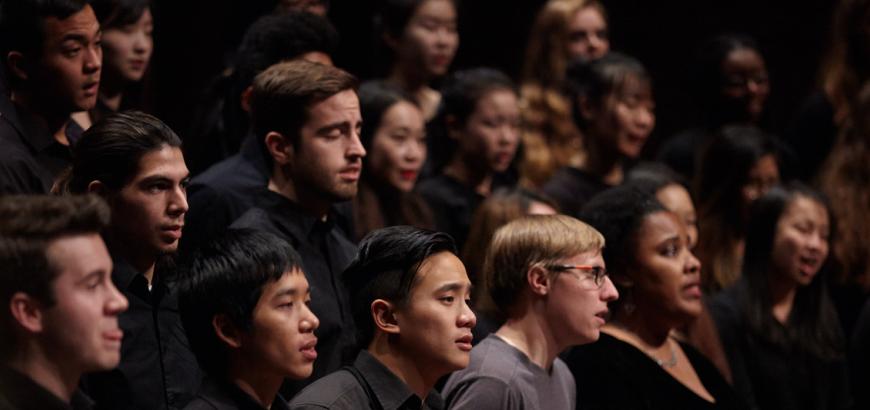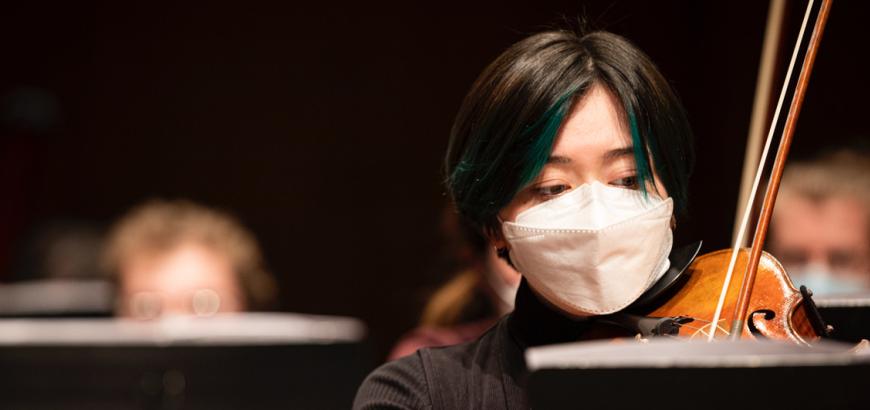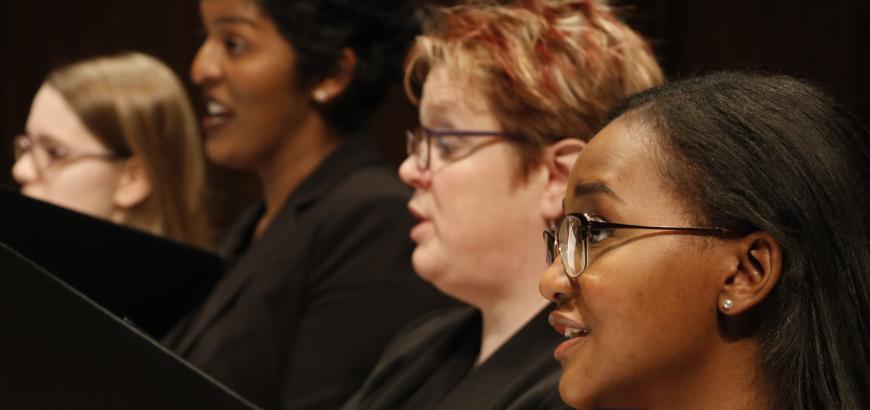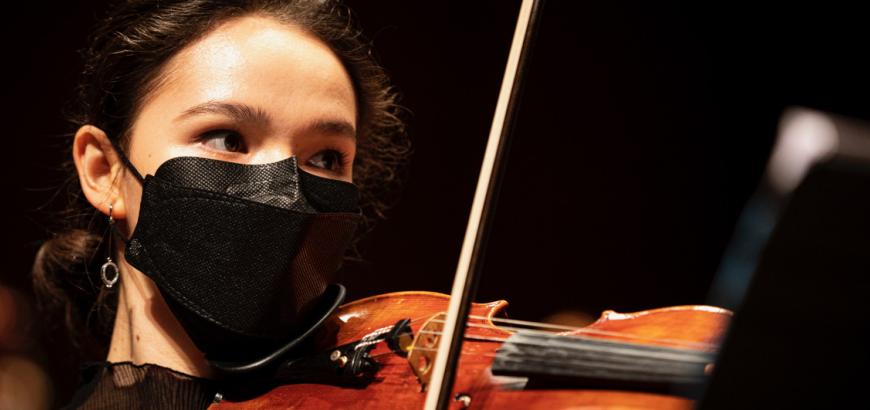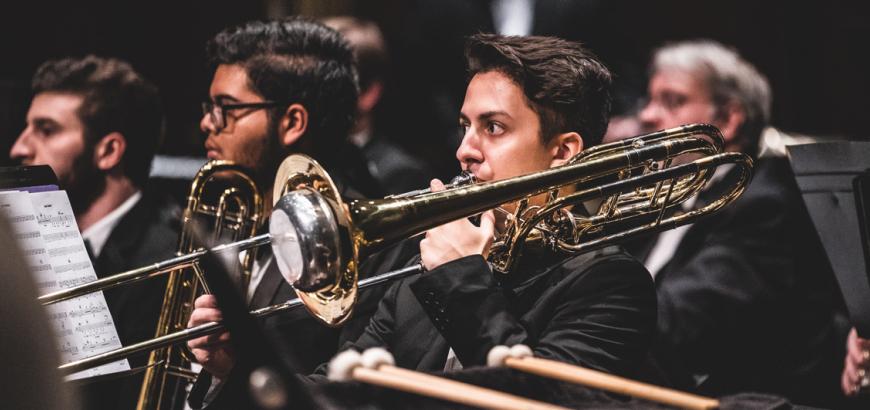The School of Music at the University of Washington is committed to creating an environment in which all students, staff, and faculty are treated with respect and can access the programs and resources they need to succeed. We embrace students, faculty, staff, visiting artists, and audiences of diverse racial, ethnic, and gender identities, sexual orientations, religious affiliations, economic backgrounds, veteran statuses, national origins, ages and abilities. We are committed to fostering diversity in the courses that we teach, the repertoires we perform, and the creative work and research that we do.
Selected Campus Resources
UW Seattle Bias Reporting - please send reports of all incidents of bias or suspected bias at UW Seattle to civilrights@uw.edu.
The Counseling Center - click here
D Center (Disability and d/Deaf Cultural center) - click here
Disability Resources for Students - click here
Diversity Blueprint - click here
Diversity at the UW - click here
Graduate Student Equity & Excellence (GSEE) - click here
Hall Health - click here
Office of Minority Affairs and Diversity (OMA&D) - click here
Q Center - click here
Religious Accommodations Policy - click here
SafeCampus - click here
UW Health and Wellness - click here
Below is the action plan currently being implemented by the committee on Diversity, Equity, Inclusion, and Access (DEIA), as well as resources for students, staff, faculty, and community members related to these issues.
Accessibility for People with Disabilities
Our goal:
- to train faculty on accessible teaching and universal design principles, in part with the help of UW Disability Resources for Students (DRS)
- to inform both faculty and students on an ongoing basis of the systems and best practices with regard to accessible teaching, so that students can get the support they need in class and so faculty are given time and help fostering that support
- to pursue and implement solutions to physical barriers within the School of Music building, such as access to all classrooms
Current status: The DEIA committee has discussed inviting representatives from UW DRS to visit a School of Music faculty meeting to share information on best practices in accessible teaching and universal design principles. We hope to also offer faculty the opportunity to have UW DRS representatives visit School of Music classes to observe and offer further guidance in improving accessibility.
The DEIA committee is also brainstorming potential solutions to physical barriers in the Music Building, such as the lack of elevator access to our basement classrooms. The School of Music is also participating in a facilities survey organized by the College of Arts and Sciences, in which we will address these issues.
Access to the School of Music
Our goal:
- to recognize barriers to School of Music programs, such as potential lack of financial and educational resources available to develop musical skills before attending college, and to increase the number of opportunities for students with little to no previous musical experience to participate in our programs.
Current status: we currently offer a variety of courses and ensembles that do not require previous experience in music, open to non-music majors, non-matriculated students, ACCESS students, and public learners. A list of these offerings can be found here.
If you believe there are additional areas where the School of Music can improve its DEIA efforts, please contact Professor Anne Searcy.
